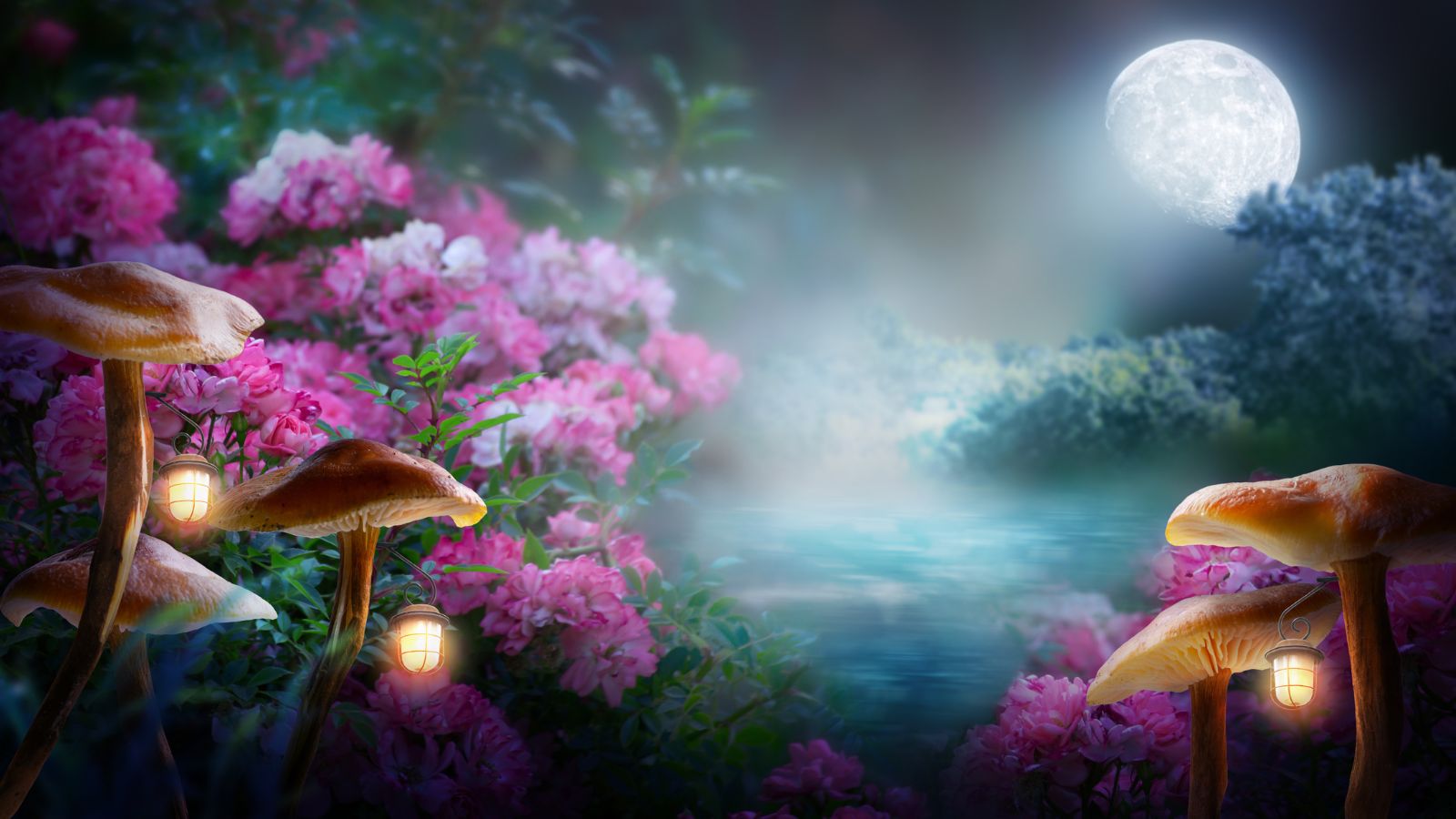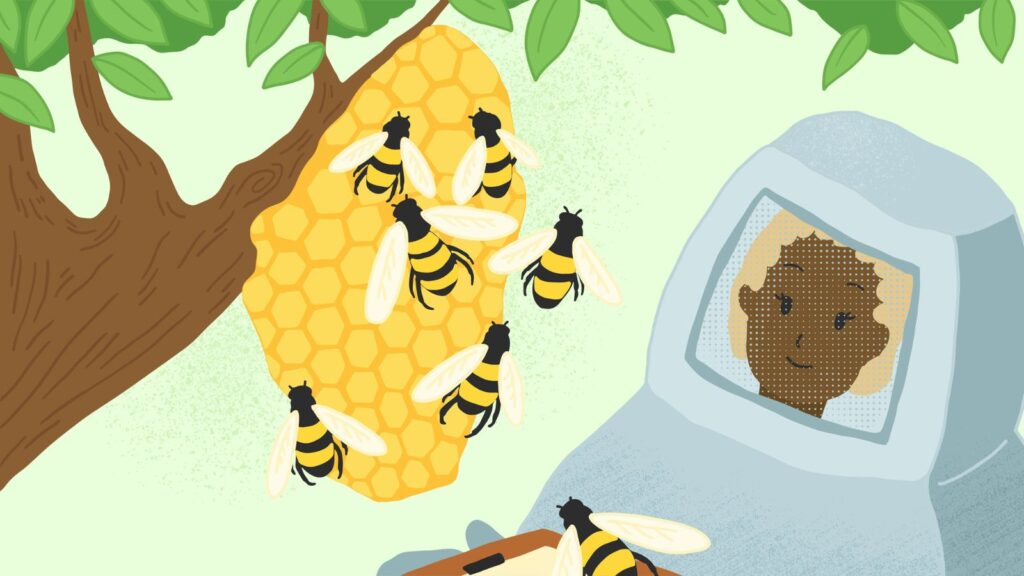The Study Breakdown
Who: Researchers Andrea F. Casanova and colleagues.
Where: University of Zurich, Switzerland.
When: Published June 2024.
What: Double-blind, placebo-controlled study on psilocybin’s effects on learning.
Why: To investigate how psilocybin impacts cognitive performance and emotional processing.
The Nitty-Gritty
Psychedelics like psilocybin (the active compound in magic mushrooms) have been generating buzz for their potential therapeutic effects. But could they also make us smarter? Let’s break down the latest research:
- Learning Intact: Psilocybin didn’t impair participants’ ability to learn in a probabilistic task. In fact, higher doses (20mg) actually improved performance compared to placebo.
- Emotional Processing: The study used fearful and neutral faces as cues. Psilocybin didn’t significantly change how people processed these emotional stimuli.
- Conscious vs. Subconscious: Psilocybin users performed better with consciously perceived cues compared to subconscious ones.
- Reaction Time: Overall, psilocybin slowed reaction times, except at the highest dose (20mg), where it was faster than lower doses.
- Exploratory Behavior: There were hints that psilocybin might increase exploratory behavior in decision-making.

The Plot Thickens
Before you start microdosing shrooms to ace your exams, consider this:
- The study was relatively small, with only 30 participants.
- Tests were done about 3-4 hours after taking psilocybin, when effects are diminishing.
- Participants reported feeling less vigilant and in control while on psilocybin, despite performing well on tasks.
- The study didn’t look at long-term effects or use in people with cognitive impairments.
The Bottom Line
So, does psilocybin make you smarter? Not exactly. But it doesn’t seem to make you dumber either.
The study shows that psilocybin doesn’t impair learning and might even enhance it in some cases. However, it’s not a straightforward cognitive booster. The effects seem to depend on the shroom dose, the type of task, and how information is presented.
More research is needed to understand how psilocybin affects different aspects of cognition and whether it could have any practical applications for enhancing learning or cognitive performance.

A Fresh Perspective
Here’s the thing: even if psilocybin doesn’t directly boost IQ, it might change how we think in valuable ways. The hints of increased exploratory behavior could mean psilocybin helps people think more flexibly or creatively.
It’s like when you’re stuck on a problem and taking a walk suddenly makes the solution clear. Psilocybin might work similarly, shaking up our usual thought patterns and allowing for new connections—enabling us to circumnavigate complex problems creatively. Ultimately, this may lend to the façade of intelligence, as problem-solving capability is considered by many to be a proxy for intelligence.
The bottom line? Psilocybin probably won’t turn you into a genius overnight. But it might offer a different lens through which to view problems and process information. As with any potential cognitive enhancer, the real magic likely lies in how it’s used, not just in the substance itself.
Remember, psilocybin remains a powerful psychoactive substance with potential risks. Any exploration of its cognitive effects should happen in controlled, legal settings under proper guidance. The goal isn’t just to get “smarter,” but to understand our minds better and unlock our full cognitive potential.















